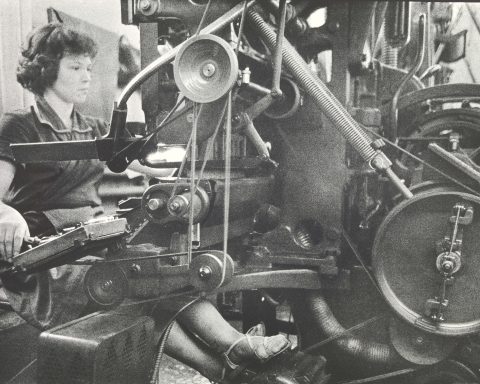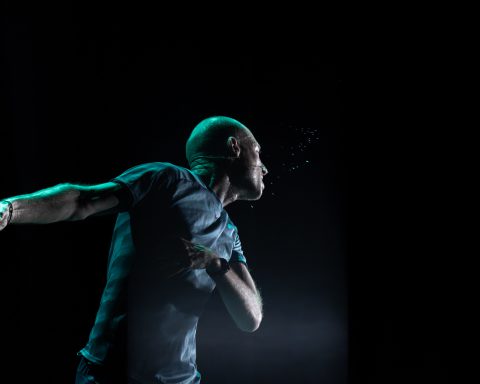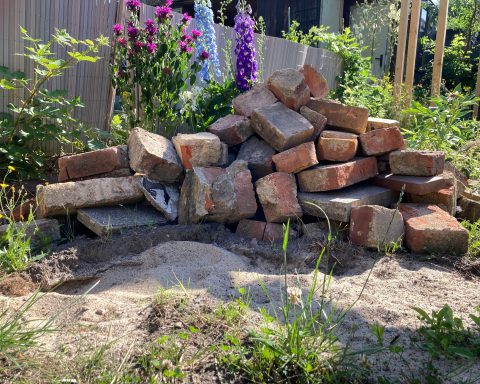On the occasion of the Fall Gallery Tour at the Leipziger Baumwollspinnerei, the art center HALLE 14 is opening its doors at 3 pm Saturday, 8 September, to kick off the exhibition New Urban Production.
Curated by the planning office tri:polis, the project is a search for new relationships between art, design and technology and their visibility in urban space. Here, labor should be displayed respectfully and proudly, not hidden behind closed doors far from living spaces.
Entering the large exhibition hall a few days prior to the opening, I noticed the production was in full swing, as if also on display.
Shuffling feet, conversations among artists and preparatory team members, and the rhythmic whirs and clangs of tools in use reverberated throughout the space at HALLE 14.

As Leipzig has undergone changes over the past few decades including an increase in population, households and renovations, I was initially struck to learn that a planning office assumed the curatorial role for the exhibition.
“This presents a new perspective and feeling for the space, which is also connected to the meta-questions posed in previous exhibitions, such as ‘Spaces of Social Production,’ regarding the art scene’s relation to urban surroundings and how this connects to the role of an art center in the 21st century,” explained Artistic Director Michael Arzt.
Exhibit Curator Sascha Henken remarked that this is his first large-scale exhibition, “which includes artists with varied backgrounds from different countries. Most present an experimental, activist perspective from local people living in urban areas. It is important to both show the process and to seek transparency of how, why and where production is occurring.”
Among the themes addressed from the various artistic positions at this HALLE 14 exhibit are production networks of household objects, packaging materials, clothing items and food.
Many of the projects featured propose business models based on notions of decentralized fabrication, often pairing alternative social engagement approaches with pre-existing circumstances, designs and supplies.
Here are a few snippets:
“The Idea of a Tree” by mischer’traxler features a process-based video combining the natural input of the sun via solar panels with machinery to create objects formed from wound cotton.
The fruits of such labor are also on display, each structure being the result of one-day’s harvest. Their surfaces are a fine sheath, baring layers of thick/light or thin/dark tones in rings of time determined by the sun’s intensity.

In the same room, Leon Kucharski’s “Temaki Sneaker” is another time-based project consisting of a highly personalized, one-hour production of an individual pair of shoes.
These shoes are assembled before the customer’s very eyes. This calls out the often shrouded manufacturing of a product epitomizing mass production, and often synonymous with the plight of unjust conditions and rights for workers.
In this situation, the sneakers are created in public, while the customer is seated upon a platform resembling a shoeshine structure.
Nearby is a mechanical construction described as an analogue 3D printer producing original ceramic vessels, which grew out of artist Daniël de Bruin’s desire for autonomous authorship and a “feeling of alienation about digital manufacturing.”
Meanwhile, I found artist Anastasia Eggers standing on a platform between a big rubber balloon and a black and white painted cow sculpture. She spoke with me about her project in collaboration with Ottonie von Roeder, titled “Cow&Co.”
The project critically aims at redefining the farm animal in society by bringing cows and dairy production processes back into the city:
“We’re questioning food production and ethical concerns through a speculative project founded by cows. The exploitation of farm animals is used as a metaphor for who has power, who decides. Our focus is on the relationship between humans and animals and how food production is brought to cities. Our aim is more to trigger questions rather than the realization of products.”
Henken, the curator, shares this sentiment, opting for “form of process over mass product production, allowing to bring poetic and critical elements into the process.”
Located in another room is work produced by Granby Workshop. It is known for embracing chance and random occurrences within production to create wares that are unpredictable in appearance. This is done through a patchwork of experimentation with materials, finishes and colors pressed into forms.
Each of its ceramic pieces dons a unique design. A video projection echoes the diversity of the area where they were made, its residents, and the revitalization they trail-blazed within their community, formerly a nearly derelict neighborhood of Liverpool.

When I think about the community of the Spinnerei – with its history as a cotton-spinning factory and its current mixed use and status as a distinctive type of art factory – as well as my own implications there as an artist and occasional guide, I find the exhibition aptly situated. As described by Arzt, the artistic director, the HALLE 14 exhibit takes “it further from local production happening within the studio and [brings] it outside. Here, production is prominently shown again.”
HALLE 14: New Urban Production (Neue Urbane Produktion)
Participating artists: Benno Brucksch, Daniël de Bruin, Granby Workshop, Leon Kucharski, mischer’traxler, Itay Ohaly, Stefanie Rittler, Ottonie von Roeder & Anastasia Eggers, Studio Swine
Curator: tri:polıs, Sascha Henken
Opening: Saturday, 8 September 2018, 3 pm / Duration: 8 September – 8 December 2018
Location: HALLE 14 – Zentrum für zeitgenössische Kunst, inside the Leipziger Baumwollspinnerei / Spinnereistr. 7, 04179 Leipzig / Phone: 0341 492 42 02
Hours: Tue–Sun, 11 am–6 pm
Exhibition fees: €4 regular, €2 reduced (Wednesdays free)
Also part of the Spinnerei Fall Gallery Tour (Herbstrundgang): 8–9 September 2018 / FREE ENTRY
Cover shot: Project by Studio Swine @ HALLE 14. (Photo © Elizabeth Gerdeman)

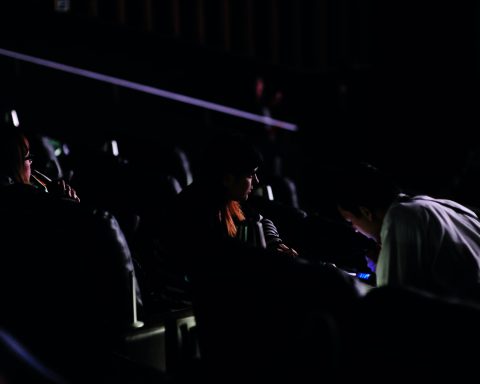
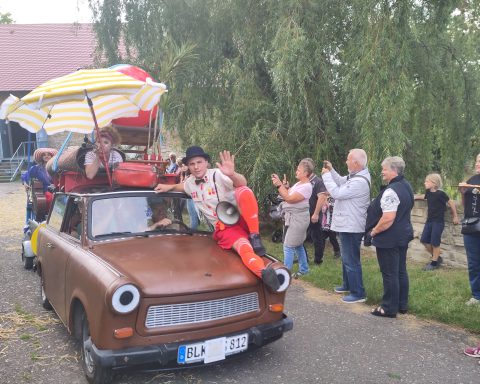
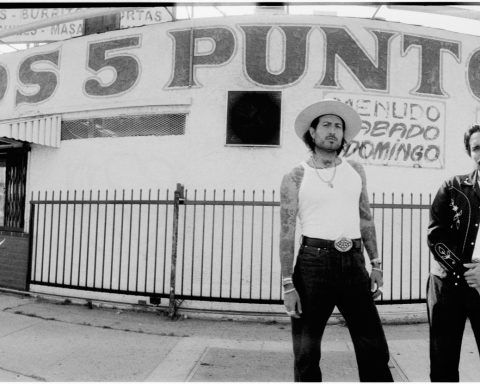


![Wine & Paint event on 9 Nov. 2024 at Felix Restaurant, Leipzig. Photo: Florian Reime (@reime.visuals] / Wine & Paint Leipzig](https://leipglo.com/wp-content/uploads/2024/12/pixelcut-export-e1733056018933-480x384.jpeg)
